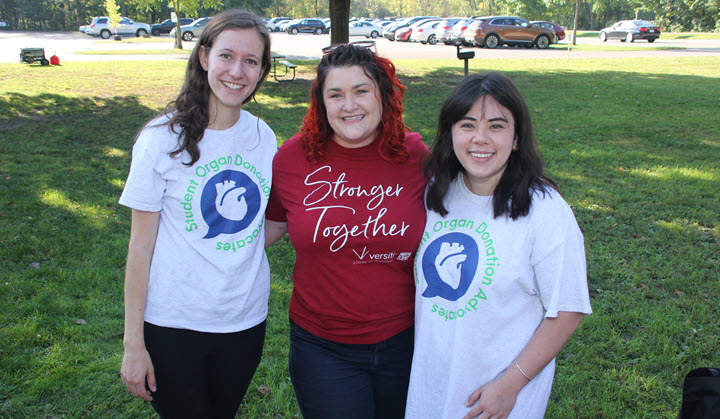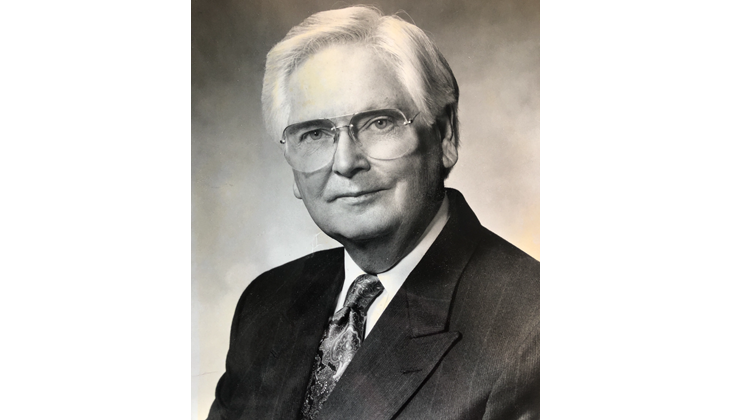Organ procurement organizations and transplant centers were about 5% less likely to choose organs from 70-year-old donors compared to those who were just a year younger.
American transplant centers as well as organ procurement organizations, the groups responsible for recovering organs from deceased donors in the United States, were less likely to accept or select organs from donors who were 70 years old when they died compared to those who were 69, new research found.
This is an example of left digit bias, a common type of unconscious bias that involves placing value based on the first digit in a number and thus is often linked to ageism.
Read the full story from University of Michigan Health.






